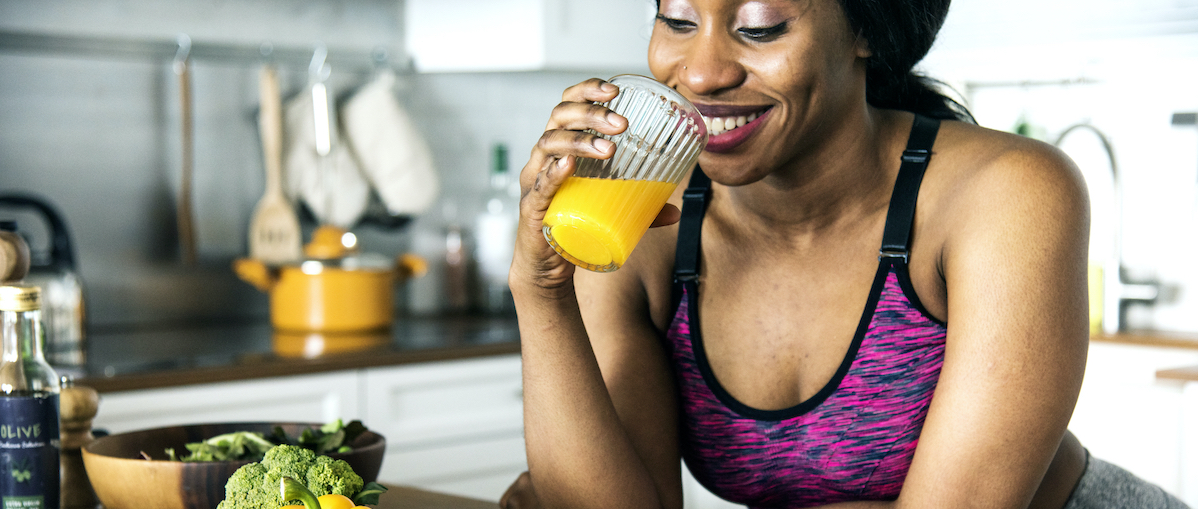Protein for Vegetarian Athletes
One of the biggest concerns for vegetarian athletes has to do with protein. More specifically, how to get enough of it.
Under normal circumstances, athletes can get plenty of protein from sources like meat and poultry. But what if a person doesn’t want to eat these foods? Are they doomed to play catch-up on their protein intake forever, and would building muscle be an issue?
It doesn’t have to be like that. With the proper knowledge, getting enough protein as a vegetarian is relatively easy, and you may even not need as much as you think.
Grocery List: Fantastic High Protein Foods for Vegetarian Athletes
Who says we can only get protein from meat? It’s undoubtedly a good source, but far from the only one. Without further ado, here are several fantastic options and their respective protein contents:
• Tofu and tempeh - around 15 grams of protein per 100 grams
• Most bean varieties - up to 15 grams per cooked cup
• Lentils - nearly 20 grams per cooked cup
• Soy milk - 7-8 grams of protein per cup (240 ml)
• Nuts and seeds - between 5 and 7 grams of protein for each ounce
• Hempseed - 10 grams of high-quality protein per ounce (28 grams)
• Spirulina - 30 ml of this algae provide you with a whopping 8 grams of protein
• Quinoa - up to 10 grams of protein per cooked cup
• Oats - roughly 6 grams per half a cup
• Chia seeds - 6 grams per 35 grams (1.25 ounces)
Vegetarian Athlete Tips: Preparing Your Meals Ahead of Time
Knowing what foods to pick at the grocery store is vital. As you saw in the previous point, there are plenty of good foods to choose from to meet your daily needs. The issue is, many people still find themselves coming out short on their protein intake.
Speaking of that, athletes should aim for between 0.8 and one gram of protein per pound of body weight. For instance, if you weigh 180 pounds, aim for 144 to 180 grams daily.
Why do you think that is? Because we are all busy and can’t always find the time to plan what we will eat and set aside enough time to cook it. This is where meal prepping comes into play.
Meal prepping - the act of preparing your meals ahead of time - is great because it saves you time, effort, and money. It also stops you from feeling anxious or worrying about what you’ll eat when you get home.
In essence, meal prepping is about setting aside a large chunk of time to do your grocery shopping and prepare meals for several days ahead of time. For instance, you can do that on Sunday afternoon and have meals for at least the first few days of each week.
Get your groceries, come back home, prepare the meals, and let them cool if needed. Then, distribute them into individual containers, seal them, and pop them in the fridge. That’s it. You now have ready meals, and all you have to do is take them out of the refrigerator, heat them, and enjoy them.
Eating Tips And Trick For Maximizing Protein Intake
Besides meal prepping, there are other things vegetarians can do to improve their diet’s quality and get enough protein.
Most notably, vegetarian athletes should aim to eat three to five meals per day. They should also make sure to include some protein source with each meal. This is because research shows that more frequent protein intake allows for a steady stream of amino acids that aid recovery and muscle growth.
Vegetarian athletes should also aim to get up to around 0.8 grams of protein per pound of body weight. For instance, if you weigh 160 pounds, aim for at least 128 grams of protein per day. Though it may seem difficult, there are plenty of excellent protein sources to pick from. Little by little, it adds up.
And finally, if you find yourself struggling to get enough protein on a vegetarian diet, consider a vegan protein powder. Hemp is an excellent option because it offers high-quality protein, it’s not overly expensive, and it tastes great.

